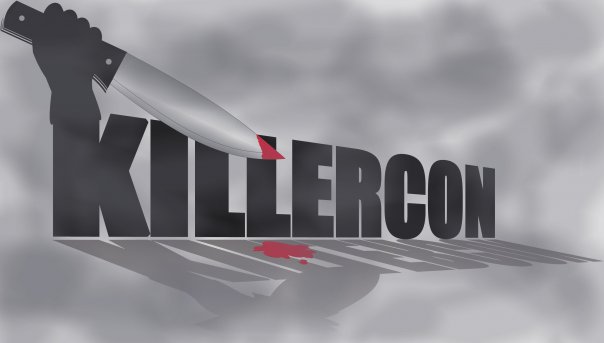The giveaway a finished copy of an awesome, crowd pleasing anthology of Weird Fiction, featuring authors you already have books by on your shelves and a hook that will draw in many new readers, all from a trusted small press. Details below but first, here are the rules on how to enter:
- You need to be affiliated with an American Library. My rationale behind that is that I will be encouraging you to read these books and share them with patrons. While many of them are advanced reader copies that you cannot add to your collections, if you get the chance to read them, my hope is that you will consider ordering a copy for your library and give away the ARC away as a prize or pass it on to a fellow staff member.
- If you are interested in being included in any giveaway at any time, you must email me at zombiegrl75 [at] gmail [dot] com with the subject line "#HorrorForLibraries." In the body of the email all you have to say is that you want to be entered and the name of your library.
- Each entry will be considered for EVERY giveaway. Meaning you enter once, and you are entered until you win. I will randomly draw a winner on Fridays sometime after 5pm central. But only entries received by 5pm each week will be considered for that week. I use Random.org and have a member of my family witness the "draw"based off your number in the Google Sheet.
- If you win, you are ineligible to win again for 4 weeks; you will have to re-enter after that time to be considered [I have a list of who has won, when, and what title]. However, if you do not win, you carry over into the next week. There is NO NEED to reenter.
The most recent winner was Amber from TX . Now on to this week's giveaway.
Steve Berman, editor and owner of Lethe Press is someone who I trust to deliver great books and we he told me about his idea for an anthology of original stories based off of The Phantom of the Opera, I was so excited. He got the ARC to me too late for review, but now I have a hard cover, finished copy in hand and am excited to give it away to one of you to add to your library collection.
But first, here are more details about Final Curtain: Tales Inspired By The Phantom of the Opera, edited by Steve Berman, including the impressive TOC:
A mysterious dirge in human form, Gaston Leroux's Phantom of the Opera is both man and monster, the villain of one of the more famous novels of the early 20th century. Fittingly, the Opera ghost has inspired grandiose movies and an award-winning musical. And now, an impressive anthology of horror and weird fiction, edited by Steve Berman. What has happened to the purloined body of Lon Chaney? Who is convinced that the Phantom is alive after the events of Paris? And contemporary haunting stories of youths drawn to the eerie music of an underground grotto or a pair of devious lovers trying to make it big on Broadway even if it takes a killing.
Featuring 15 brand new stories:
- "Selections from the Memoirs of the Countess of Chagny, Translated" by Nadia Bulkin
- "La Belle de la Mer" by Jameson Currier
- "The Road of Mirrors" by James Bennett
- "The Phantom of the Wax Museum" by Orrin Grey
- "Now We Sing the Killing Song" by Josh Rountree
- "Two for the Show" by L.A. Fields
- "Trompe L'oiel" by Tim Newton Anderson
- "The Music We Became" by Addison Smith
- "Encore" by Steve Berman
- "Little Rats" by Theresa DeLucci"
- "The Lake" by Becky Thacker
- "Exeunt. Flourish" by Peter Dubé
- "Figaro's Children" by Jean-Marc Lofficier & Randy Lofficier
- "The Ghost Singer" by Cara DiGirolamo
- "Such Broken Souls" by John Linwood Grant
These are all original to this anthology stories, some, by authors for whom you have books and stories already in your collections. And as I said above, the frame is one that will draw in new readers to Weird Fiction in general.
Enter now to win his finished copy for your collection, but also, take a moment to go to Lether Press' site and order a copy as well. Only one of you will win, but all of you can add this book to your collection. There is currently a $5 off discount there as well. Good luck!
Scheduling Note: due to my travel to New England next week for this event, there will not be a giveaway next week. The giveaway will return on February 5, 2026. But you can still enter anytime because when you enter once, you are entered going forward.











